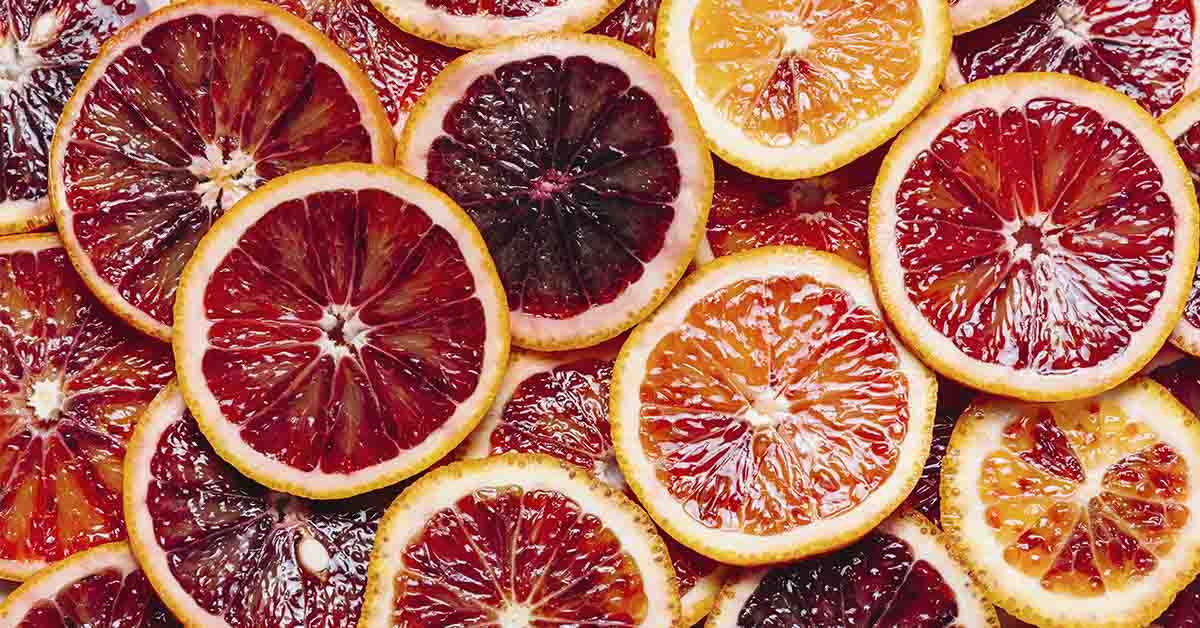Since the rise of wellness experts on social media, trends have emerged emphasizing dietary supplements. More than half of American adults take at least 1 dietary supplement daily. The dietary supplement industry has grown from 4,000 products in 1994 to 80, 000 today. It also generates approximately $40 billion in annual sales. Dietary supplements could be beneficial for people who do not get the recommended nutrients from their standard diet. However, many supplements are non-essential and have no proven medical benefits.
Experts suggest that individuals without underlying health conditions who maintain a healthy diet may find supplements unnecessary. Mounting evidence also suggests that well-rounded, healthy diets are superior to isolated supplements . Research consistently demonstrates that nutrients from food sources offer better bioavailability, enhanced absorption, and synergistic health benefits that supplements cannot replicate.
Why Supplement Alternatives Matter for Your Health

According to the FDA, dietary supplements are classed under food in group distinctions. The supplement industry also operates under minimal regulatory oversight. Unlike prescription medications, dietary supplements do not require FDA approval before hitting the public market. Studies reveal troubling contamination issues, with supplements containing heavy metals, pesticides, and unlisted ingredients linked to serious health risks. Furthermore, research shows that 82% of weight-loss supplements had inaccurate labels, with 61% missing ingredients listed on their packaging.
Whole foods contain complex nutrient matrices that work together to enhance absorption and utilization by the body. The combination of vitamins, minerals, phytochemicals, and fiber creates natural partnerships that dietary supplements cannot replicate. Whole foods also have the benefit of having health promoting chemicals like antioxidants which work in combination with nutrients. For instance, vitamin C naturally occurring in citrus fruits enhances iron absorption more effectively than synthetic vitamin C supplements.
Iron-Rich Foods

Spinach stands out as an exceptional iron source, providing 2.7 mg per 100 grams serving. This leafy green contains vitamin C, which significantly boosts iron absorption from plant based foods. Dark leafy vegetables like kale, collard greens, and Swiss chard offer similar benefits with additional nutrients. Consuming these vegetables with healthy fats like olive oil maximizes nutrient absorption.
Animal sources provide heme iron, which absorbs more readily than plant-based iron. Lean beef liver contains 6.5 mg of iron per 100 grams, representing 36% of daily needs. Oysters, clams, and sardines deliver substantial iron quantities while providing additional minerals like zinc and selenium.
Calcium from Kale Outperforms Calcium Pills
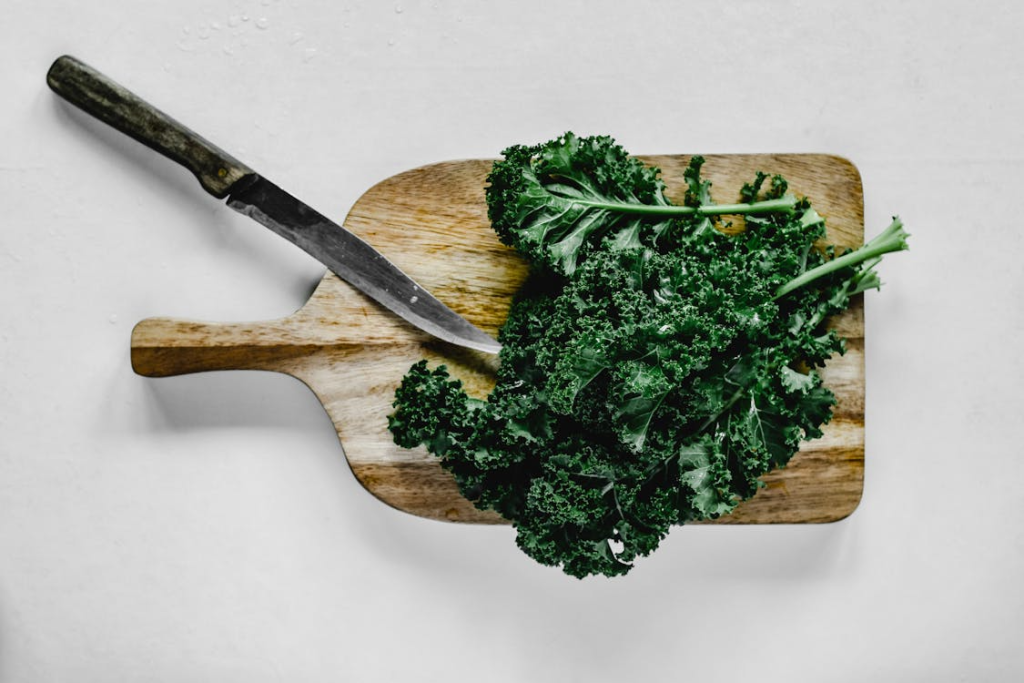
Research demonstrates that calcium from kale absorbs significantly better than calcium from milk or supplements. Studies show kale calcium has a fractional absorption rate of 40.9%, compared to 32.1% from milk. This superior absorption occurs because kale contains low oxalate levels. One serving of kale provides 150 mg of calcium, representing over 10% of daily requirements.
Other excellent calcium sources include yogurt, cheese, salmon with bones, and sesame seed. These foods provide additional nutrients like protein, healthy fats, and magnesium that support bone health. Unlike calcium supplements, which may increase heart disease risk when taken alone, food sources provide balanced nutrition without any adverse effects.
Vitamin D from Fatty Fish

Salmon is rich in vitamin D, with 3.5 oz providing 447 IU or 112% of the recommended daily requirements. This amount far exceeds most supplement doses while delivering omega-3 fatty acids that support heart health. Other fatty fish like mackerel, sardines, and herring provide similar vitamin D concentrations with other nutritional benefits included.
Food-based vitamin D demonstrates better bioavailability compared to synthetic supplements. The natural fat in fish enhances vitamin D absorption, while supplements often lack the cofactors necessary for proper absorption. Fortified foods like milk and cereals provide additional vitamin D sources for those who do not eat or are allergic to fish-based foods.
Magnesium-Rich Nuts and Seeds Replace Supplement Powders
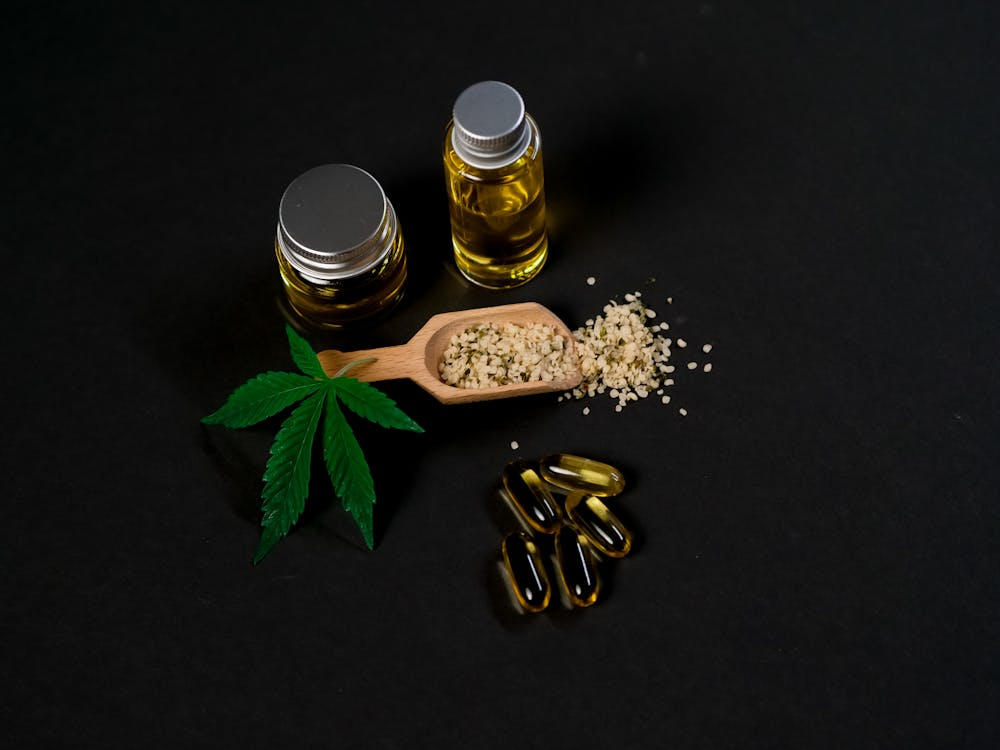
Hemp seeds are densely packed with magnesium, delivering 210 mg per 3 tablespoons or 50% of daily requirements. Pumpkin seeds follow closely with 154 mg per oz, providing 37% of daily needs along with protein and zinc. These seeds also provide sustained, slow-release energy and pacify hunger that magnesium supplements cannot provide.
Cashews, almonds, and Brazil nuts contribute substantial magnesium quantities while delivering healthy fats and protein. Research indicates that magnesium from food sources absorbs more efficiently than synthetic supplements due to slower release rates. These nuts and seeds also provide fiber, which supports digestive health and nutrient absorption.
Read More: 3 Supplements You Should Think Twice Before Purchasing, According to a Pharmacist
B Vitamins from Whole Grains and Meat Sources

Lean meats provide comprehensive B vitamin profiles that surpass what dietary supplements contain. A 100-gram serving of sirloin steak delivers 49% of niacin needs, 36% of B6 requirements, and 72% of B12 daily values. Chicken breast provides 86% of niacin needs and 35% of B6 requirements in a single serving. These complete protein sources ensure optimal amino acid profiles alongside B vitamin content.
Whole grains offer B vitamins in their natural context with fiber and complex carbohydrates. Fortified cereals, brown rice, and oats provide thiamine, riboflavin, and niacin with sustained energy release. Unlike synthetic B vitamin supplements, whole food sources provide gradual nutrient release that supports steady energy levels throughout the day.
Vitamin C from Citrus Fruits Beats Synthetic Ascorbic Acid
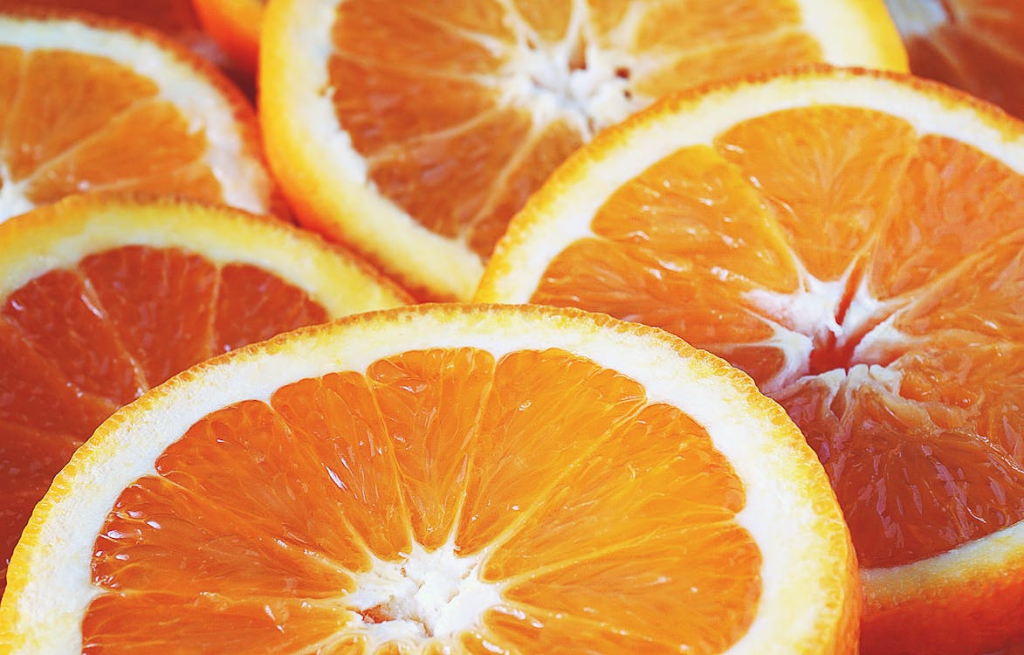
Oranges deliver 97.9 mg of vitamin C per large fruit, exceeding daily requirements for most adults. The natural vitamin C in citrus fruits includes flavonoids and other phytochemicals that enhance antioxidant activity. Research suggests that vitamin C from citrus sources demonstrates superior bioavailability compared to synthetic ascorbic acid supplements. Bell peppers, strawberries, and kiwi fruit provide substantial vitamin C concentrations alongside other nutrients. These whole food sources offer fiber, potassium, and antioxidants that support immune function beyond vitamin C alone.
Antioxidant-Rich Berries Replace Expensive Antioxidant Pills
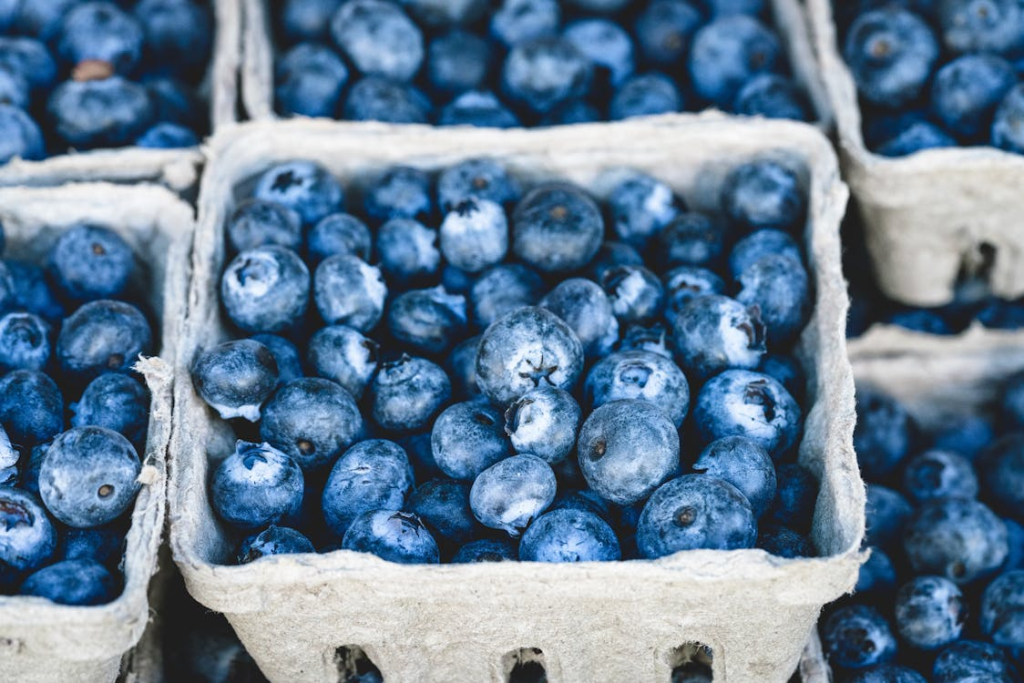
Blueberries, blackberries, and raspberries contain concentrated antioxidant compounds that surpass synthetic supplements. These berries provide anthocyanins, flavonoids, and vitamin C in naturally balanced ratios. Dark-colored vegetables like artichokes, kale, and sweet potatoes have potent antioxidant properties which are crucial in preventing cellular damage. The combination of carotenoids, vitamin A, and vitamin E in these foods work together to enhance their protective effects on the body. Unlike antioxidant supplements, which may interfere with natural cellular processes, whole food sources provide balanced antioxidant support without negative side effects.
Conclusion
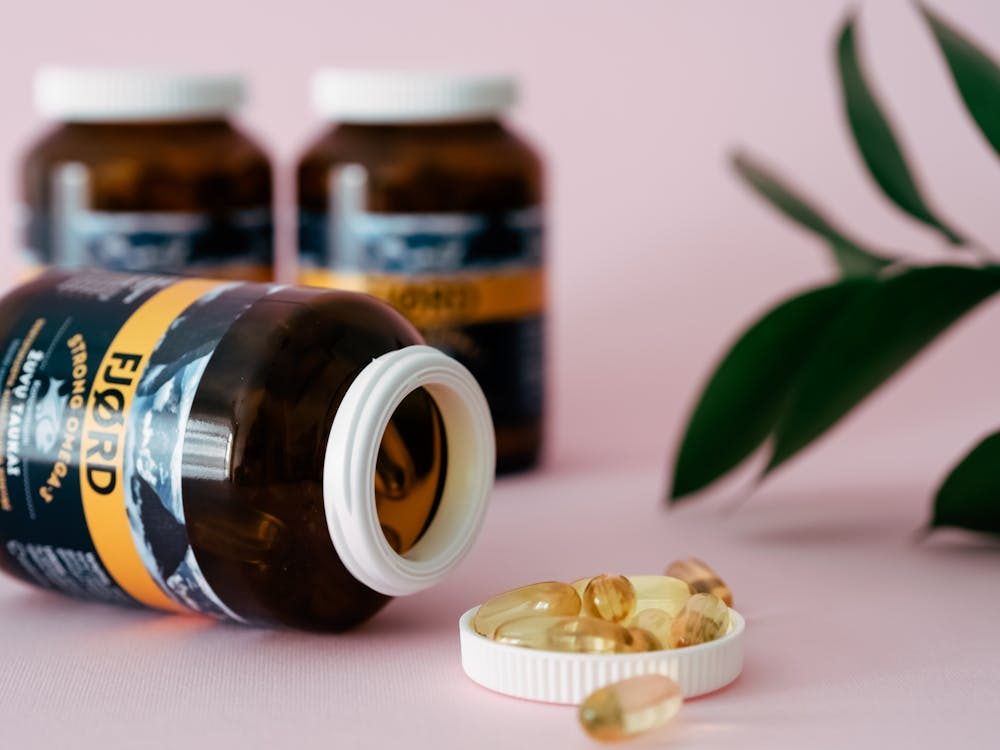
A well-balanced diet rich in diverse whole foods provides far better nutrition compared to supplements. Choosing foods like spinach, kale, and salmon meets nutrient needs more effectively, safely, and economically. This approach uses the natural bioavailability and synergistic effects of these foods while helping to limit the need for supplements.
Whole foods also offer diverse nutritional profiles which work together to support overall, something isolated supplements can’t do. Many supplements, while sometimes needed, can be expensive, and access is limited for certain groups. Whole foods are often more accessible, provide better health benefits over all, and cause any side effects.
Disclaimer: This information is not intended to be a substitute for professional medical advice, diagnosis or treatment and is for information only. Always seek the advice of your physician or another qualified health provider with any questions about your medical condition and/or current medication. Do not disregard professional medical advice or delay seeking advice or treatment because of something you have read here.
Read More: 7 of the Riskiest Dietary and Herbal Supplements on the Market, and the Right Way to Take Them
